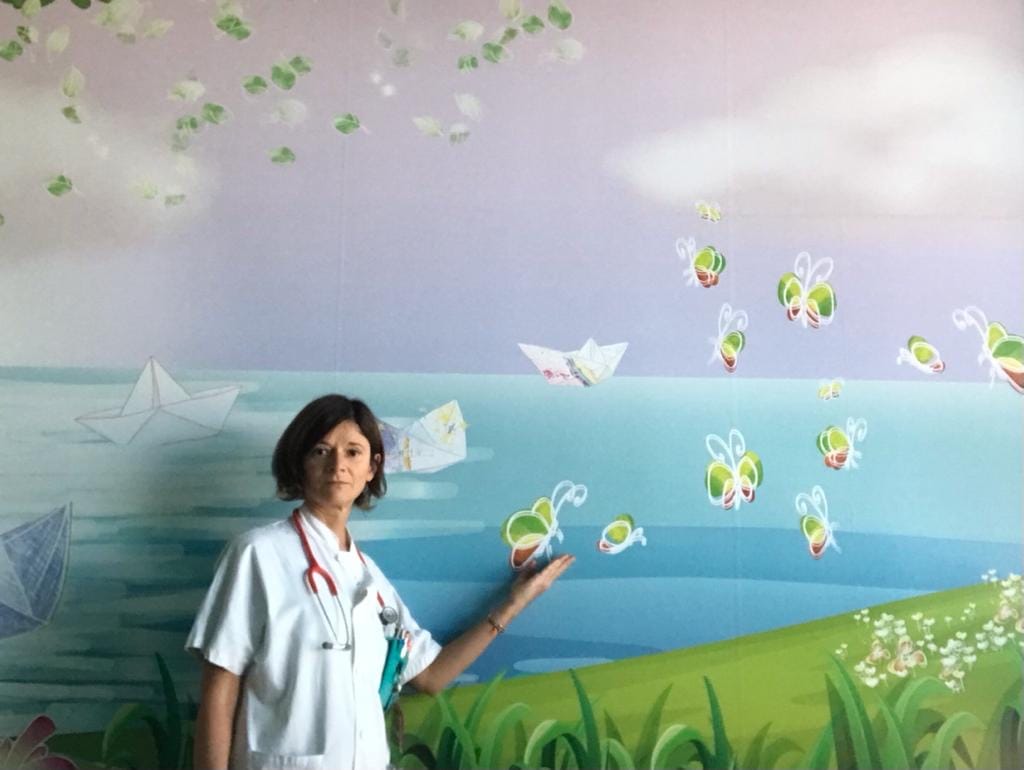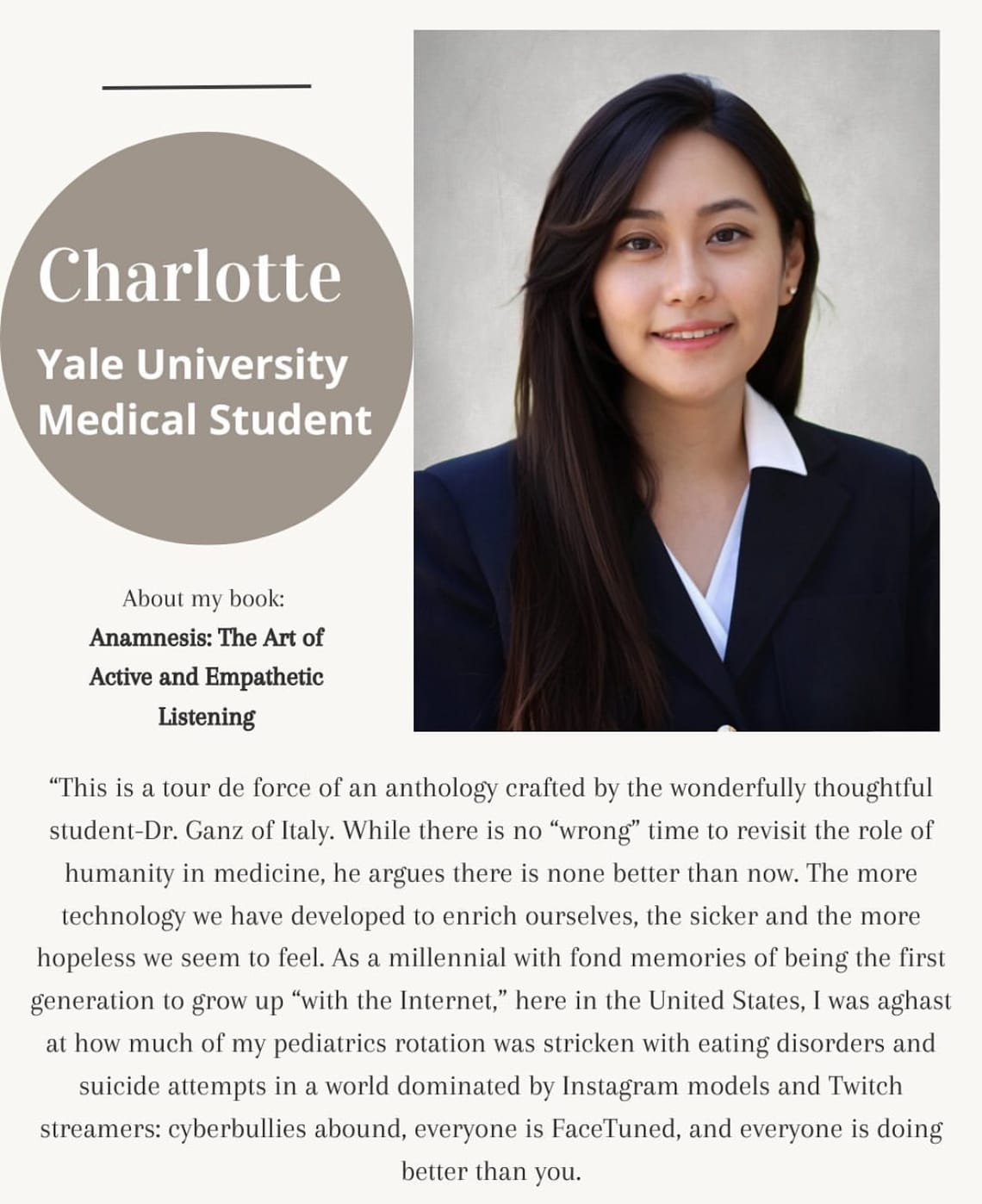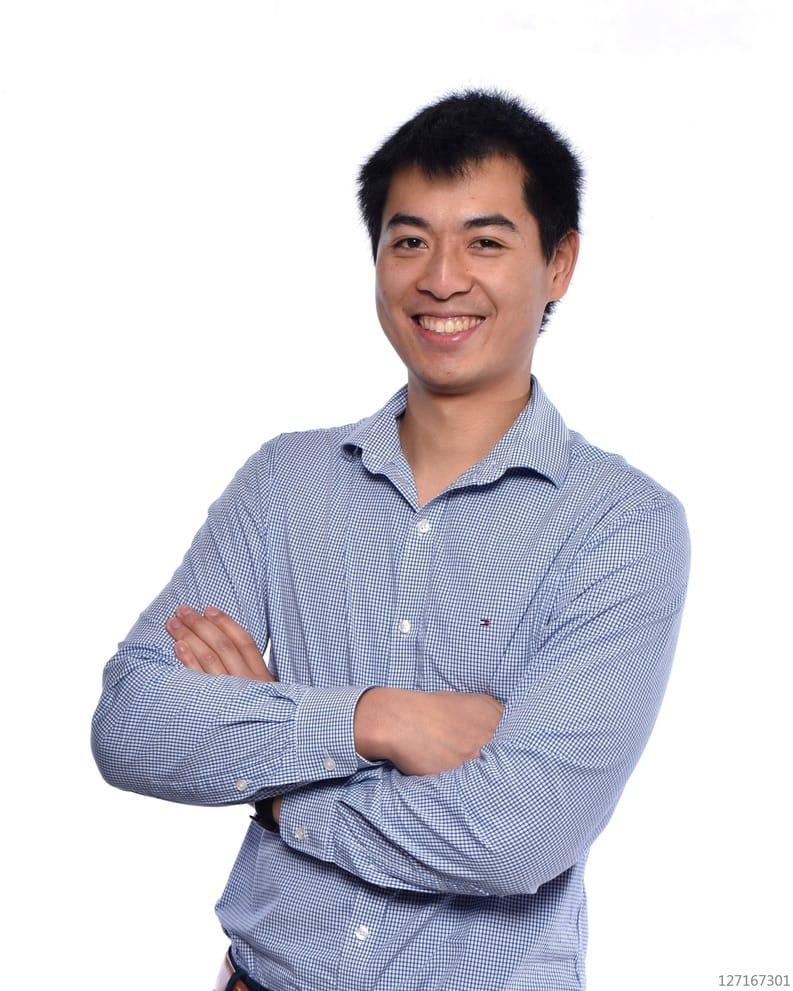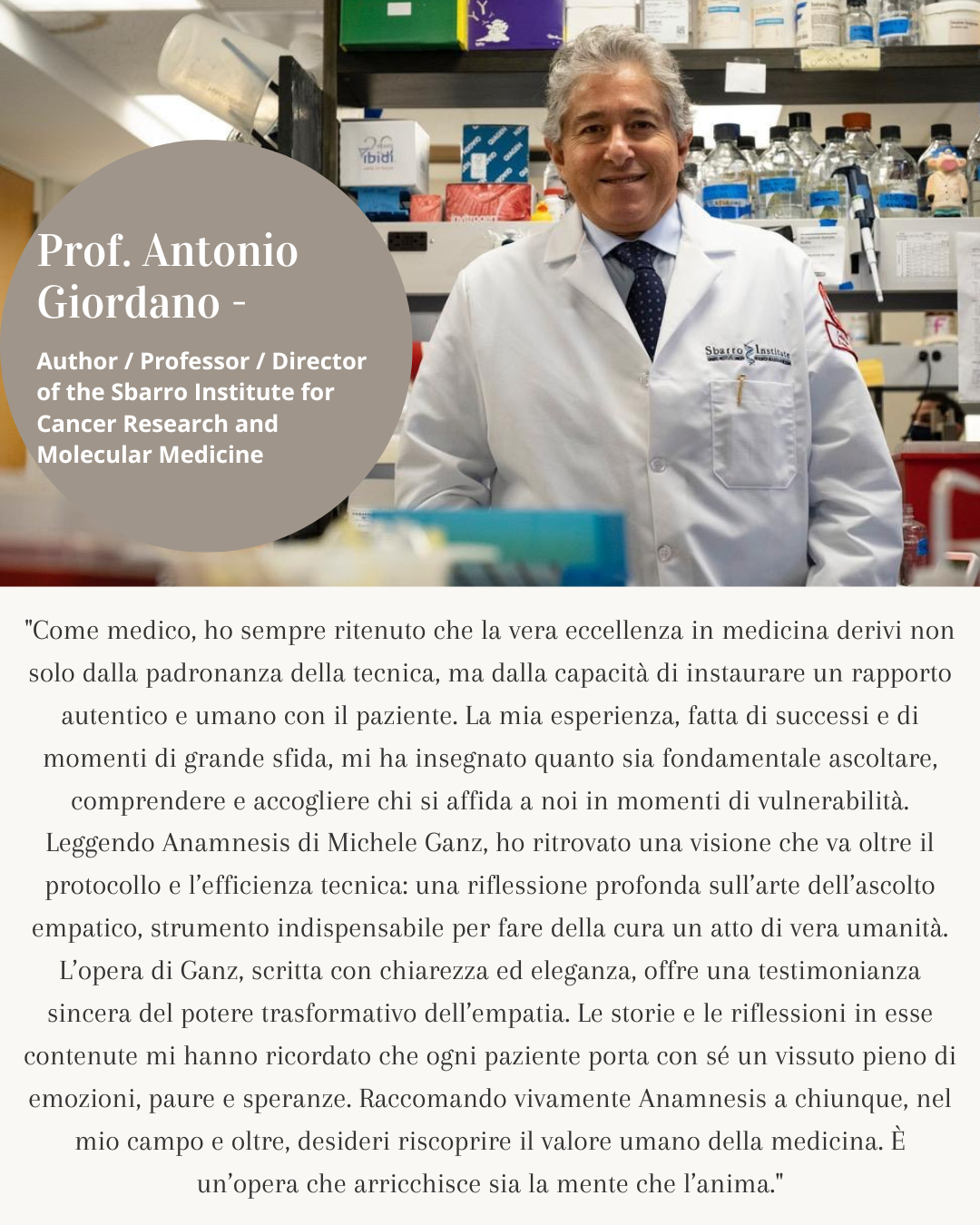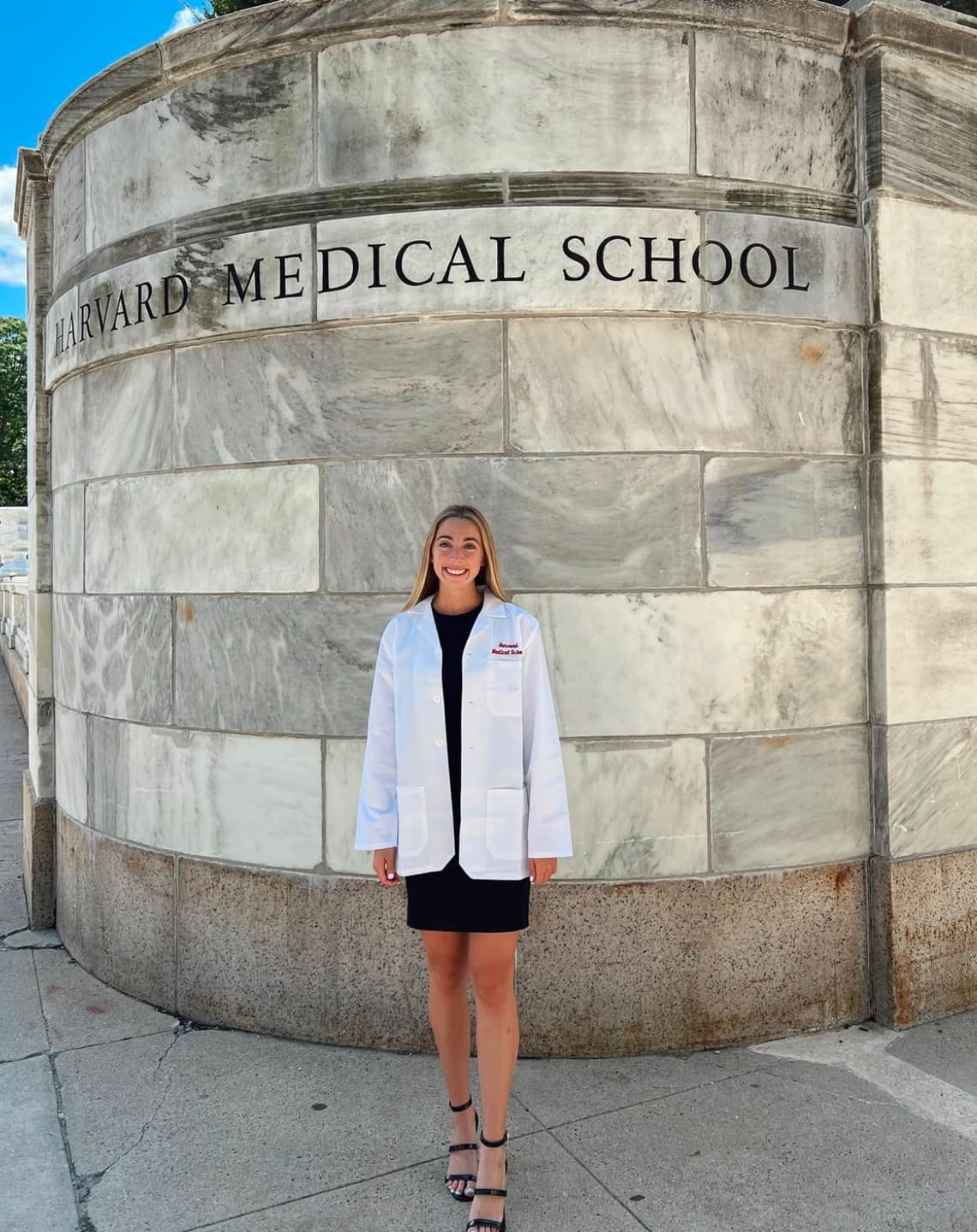Pediatrician
Ospedale Filippo Del Ponte
Varese, Italy
"From Medical Enthusiast to Patient and Back: A Journey of Healing and Understanding"
“When I was still a teenager, I watched my older sister spend hours hunched over medical books, wondering what kind of madness could drive her to such a sacrifice. In the end, she never graduated, but I discovered the value of that same madness and graduated in medicine. It was 2002. That day, I realized the madness I wanted to chase was helping sick people. From then on, I threw myself, body and soul, into this profession, perhaps mistakenly. After many years spent in hospital wards, sacrificing my time and energy, my enthusiasm turned into sheer exhaustion.
Eventually, I got sick. First, it was a chronic illness, then cancer. That’s how I became a patient myself. Yes, I am a doctor and a patient.
It’s strange, but the illness was my healing from that exhausting madness because it gave me the time to live: to live consciously the life I often neglected to have. After my treatment cycle, I returned to my white coat. However, I wore it over my condition as a patient. This changed me, fundamentally altering the madness I want to pursue. Yes, I think the greatest madness to chase in the corridors of any hospital is just one: the smile. Because no matter how terrifying the events, the news, the vicissitudes that surround and transform us, the important thing is to fight for a smile, even the saddest in the world, even if it appears unexpectedly after years.
I am a pediatrician, I work in a hospital. Unfortunately, children also get sick, even with serious illnesses that sometimes lead them to slip away to the sky. Yet, they can be wonderful even in suffering: no matter what happens to them, children always want to return to the playroom. They may have their veins pierced by needles, their skin cut by scalpels, their bodies filled with drugs, or be subjected to radiation. But in the end, they always want to return to the playroom.
As a doctor and patient, I have understood the immense value of this. I have learned to use their language: play. To truly understand them, to comprehend them and give them the chance to be understood, I play with my little patients. It doesn’t matter how many tears fall from their terrified eyes when I enter their room. What matters is the smile they give when I leave.
We all enter this world the same way: opening our eyes. We all leave this world the same way: closing our eyes. What passes before those eyes depends on countless factors. One of these, fundamental, is being healthy or, conversely, sick. But perhaps, even more, is being CONSIDERED healthy, or conversely, sick. Those born sick, those who fall ill along the way, do not deserve it. Yet, beyond the physical or mental struggle they must face, they also have to deal with being CONSIDERED sick (and thus, to some extent, disabled) by the rest of the world.
However, the eyes of the sick can see more life than those of the healthy. Because their eyes are acutely aware of having 'an expiration date,' and so they seek and grasp the essential. It is in those eyes that the healthy should learn to look. But they are eyes most of us fear, as if looking at them could infect us.
To bridge the chasm between being healthy and being sick, we should simply avoid considering the latter as disabled: we should look at the desire for life in their eyes. Because those who get sick, whether young or old, want one thing above all: to live.
Being a doctor is a privilege. Because you come into contact with the humanity in all of us. Being a doctor is hard work. Because you are burdened with inhumane responsibilities. Sometimes, this leads to medicine becoming a purely mechanical job, where one fixes broken parts or replaces missing ones. Being a doctor is a privilege; STAYING one is even more so. The suffering you encounter daily can be intolerable, multiplied day after day. You must face it with bare hands, without shields or defenses. You take it home, live it by day, and dream of it by night.
Remaining a doctor is difficult, very difficult. It is much easier to wear a thick barrier to keep the pain away. I believe these are things to address and explain on the first day of medical school. Because no one ever explains them to you, nor helps you face them. One day, you find yourself wearing a white coat and must choose whether you want to be a doctor or just appear to be one.”
